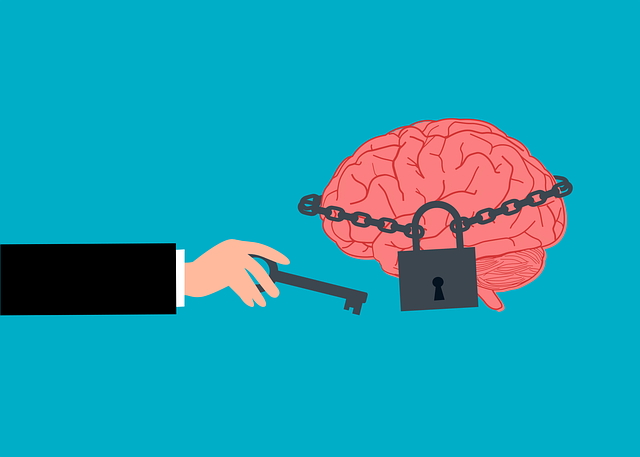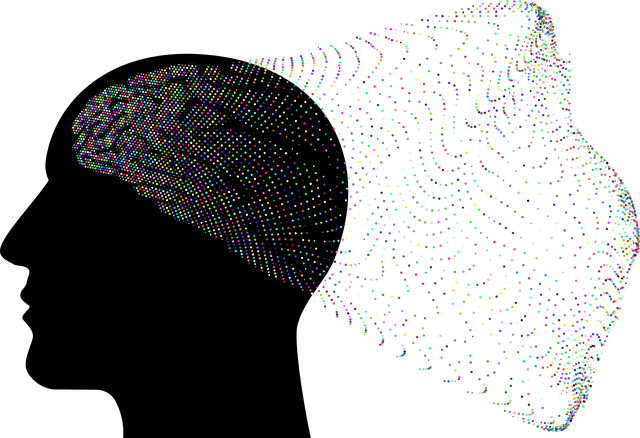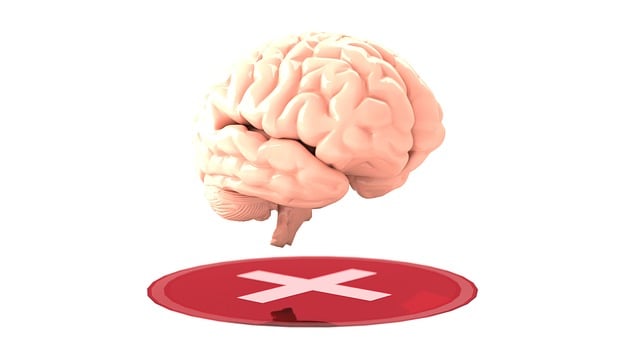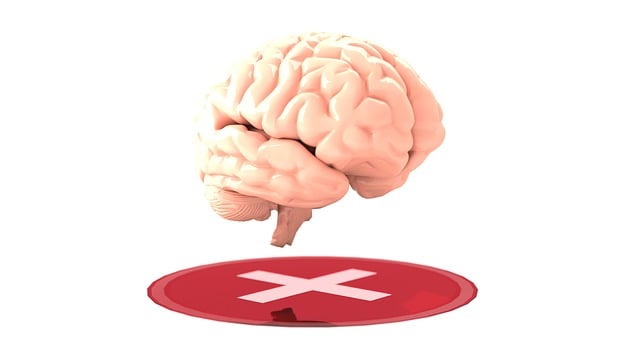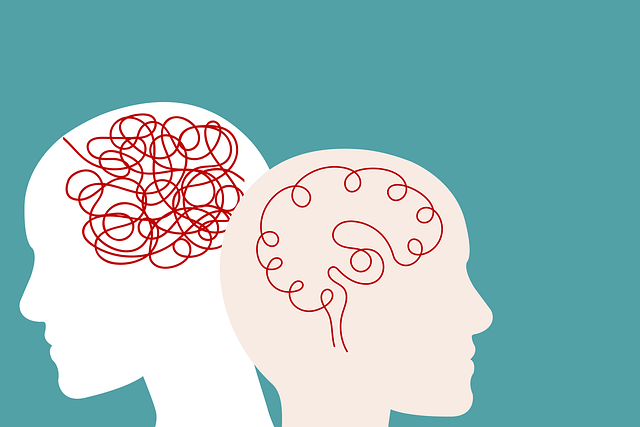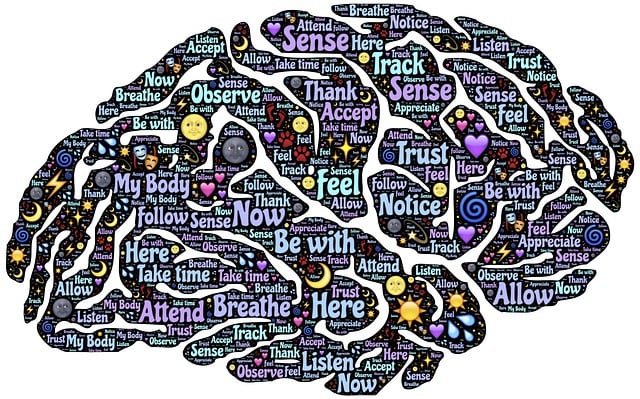Substance abuse crisis demands innovative solutions, with Golden EMDR Therapy emerging as a powerful tool. This therapy targets traumatic memories, fostering emotional healing and reducing cravings. Combined with mindfulness exercises, self-esteem building, and journaling, it offers a holistic approach. By addressing mental health ties to addiction, Golden EMDR enhances traditional risk mitigation strategies. Cultural sensitivity and tailored interventions ensure effective, inclusive care for diverse populations. A holistic recovery plan involving community support, self-awareness exercises, and ongoing development promotes long-term well-being.
In a world where substance abuse poses significant risks, understanding and mitigating these dangers is paramount. This article delves into comprehensive risk reduction strategies, exploring various approaches that go beyond traditional methods. We dissect the intricacies of substance abuse, offering insights on its profound impacts. Among innovative techniques, Golden EMDR Therapy emerges as a potent tool, transforming treatment landscapes. By integrating evidence-based practices and emphasizing long-term support, we aim to illuminate paths toward lasting recovery, focusing on effective solutions for a healthier future.
- Understanding Substance Abuse and Its Risks
- Traditional Approaches to Risk Mitigation
- Golden EMDR Therapy: An Innovative Perspective
- Integrating Evidence-Based Techniques
- Long-Term Success and Continuous Support
Understanding Substance Abuse and Its Risks

Substance abuse is a complex issue that goes beyond mere indulging; it’s a chronic condition with profound risks and long-lasting impacts on individuals, families, and communities. It often stems from underlying mental health issues, trauma, or environmental factors, exacerbated by societal pressures and accessibility to substances. The Golden EMDR Therapy, short for Eye Movement Desensitization and Reprocessing, is a pioneering approach in addressing these deep-seated problems.
By focusing on traumatic memories and associations, this therapy aids individuals in reframing negative experiences, reducing their emotional intensity, and fostering resilience. Additionally, healthcare providers can play a pivotal role through Burnout Prevention Strategies and incorporating Cultural Sensitivity in Mental Healthcare Practice. Encouraging self-awareness exercises and providing support systems can also mitigate risks. These holistic strategies aim to not only treat substance abuse but also empower individuals to lead healthier, more fulfilling lives free from the shackles of addiction.
Traditional Approaches to Risk Mitigation

Traditional approaches to risk mitigation for substance abuse often involve therapeutic interventions like Golden EMDR Therapy, which has proven effective in helping individuals process traumatic memories and reduce cravings. This therapy leverages eye movement desensitization and reprocessing techniques to help the mind heal from past experiences that may contribute to addictive behaviors.
Complementing these methods, practices such as mindfulness meditation, self-esteem improvement exercises, and mental wellness journaling can significantly enhance risk reduction strategies. Mindfulness Meditation helps individuals cultivate present-moment awareness, reducing impulses towards substance abuse. Self-esteem improvement techniques address the underlying emotional voids that sometimes lead to addiction, while Mental Wellness Journaling Exercises provide a safe space for introspection, reflection, and the development of healthier coping mechanisms.
Golden EMDR Therapy: An Innovative Perspective

Golden EMDR Therapy offers a promising and innovative perspective in the field of substance abuse recovery. This therapeutic approach combines eye movement desensitization and reprocessing (EMDR) techniques with the principles of mindfulness and positive psychology to address the complex interplay between mental health and addiction. By focusing on the individual’s unique experiences and traumas, Golden EMDR helps to reduce risk factors associated with substance abuse relapses by promoting emotional healing and well-being.
Incorporating this therapy in a comprehensive risk assessment for mental health professionals is invaluable. It enables practitioners to delve deeper into patients’ psychological landscapes, factoring in historical trauma and mental illness stigma reduction efforts. Golden EMDR’s ability to facilitate transformative change can enhance traditional treatment modalities, offering tailored interventions that prioritize emotional well-being promotion techniques, ultimately contributing to more effective long-term recovery outcomes.
Integrating Evidence-Based Techniques

Integrating evidence-based techniques is a cornerstone of effective substance abuse risk reduction strategies. Techniques like Golden EMDR Therapy have proven to be transformative, addressing underlying emotional trauma that often contributes to substance misuse. By employing this approach, mental health professionals can facilitate profound changes in clients’ cognitive and emotional states, fostering a deeper understanding of their struggles and enhancing coping mechanisms.
Beyond trauma support services, improving self-esteem is another crucial element. Cultural sensitivity in mental healthcare practice plays a significant role in tailoring these strategies to meet the unique needs of diverse populations. Incorporating evidence-based methods that respect cultural contexts ensures that risk reduction interventions are not only effective but also equitable and inclusive.
Long-Term Success and Continuous Support

Long-term success in overcoming substance abuse requires a commitment to continuous support and development. It’s not merely about achieving sobriety but fostering a sustainable lifestyle free from addiction’s grip. Golden EMDR Therapy offers a powerful tool for this journey, helping individuals process traumatic memories and underlying emotional issues that may have contributed to their substance misuse. By combining therapy with ongoing self-awareness exercises, individuals can gain deeper insights into their behaviors and triggers, empowering them to make informed choices.
Community outreach program implementation also plays a vital role in long-term success. Support groups, peer mentoring, and burnout prevention strategies for healthcare providers create a network of care that extends beyond individual therapy sessions. These initiatives foster a sense of belonging and accountability, encouraging continued recovery through shared experiences and mutual support. Moreover, self-awareness exercises like mindfulness meditation or journaling can further strengthen resilience and coping mechanisms, ensuring individuals remain focused on their personal growth and well-being.
In addressing substance abuse, a multi-faceted approach is essential. While traditional strategies have long been employed, integrating innovative techniques like Golden EMDR Therapy offers promising results. By combining evidence-based practices and continuous support, individuals can effectively navigate recovery and mitigate risks. This comprehensive approach ensures long-term success, fostering a healthier and more fulfilling life free from substance abuse.
